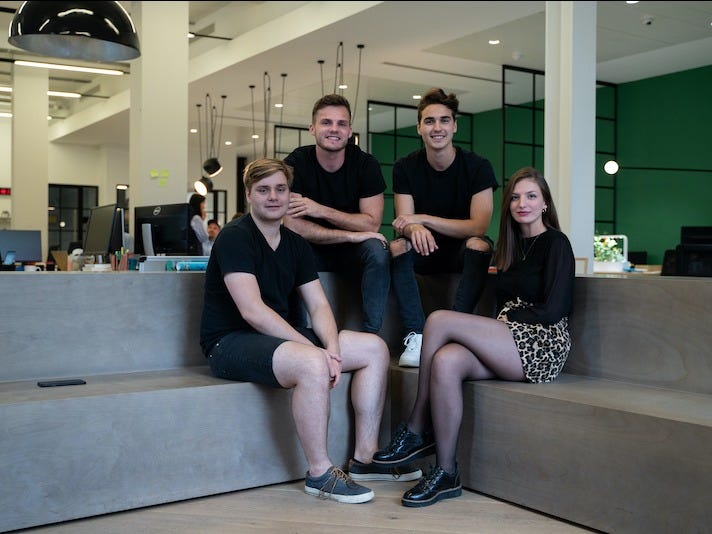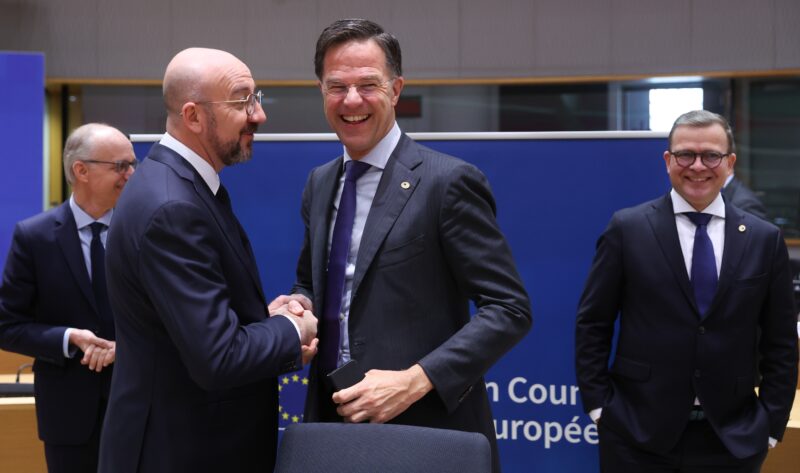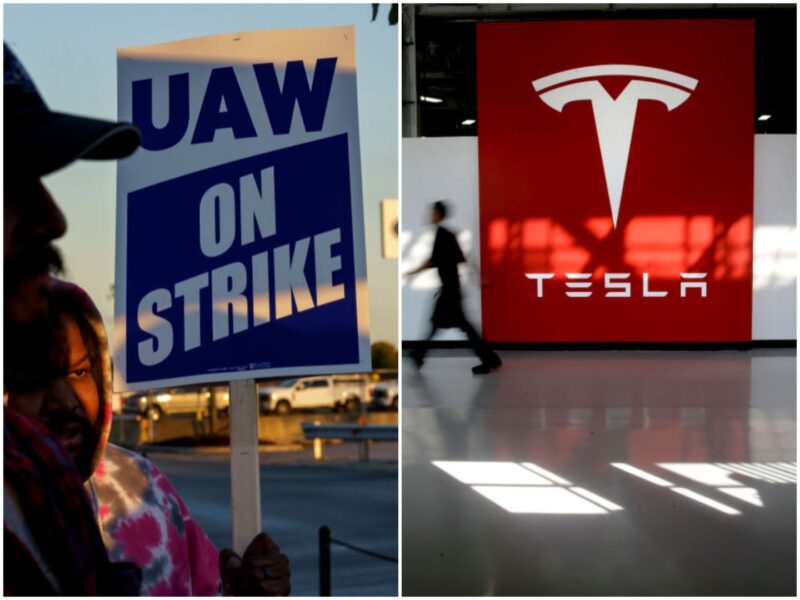
(Courtesy of Noir Food)
- When Jaka Blazon and his two cofounders started Noir Food, their focus was on creating a gastronomy and drink experiences marketplace.
- But the pandemic forced them to reimagine operations and pivot away from live events to virtual experiences such as cocktail and wine tastings.
- Today, Noir Food allows customers to create events for people and choose between wine samples, craft cocktails, or non-alcoholic drinks. Its services have attracted high-profile clients such as Nike and TikTok.
- Here’s how Blazon took his startup digital during the pandemic and what other entrepreneurs can learn from his strategy.
- This is article is part of a series called Small Business Ingenuity, which is focused on helping small businesses digitally transform.
When Jaka Blazon and his two cofounders started Noir Food, their focus was on creating a gastronomy and drink experiences marketplace. They hoped the platform would highlight creators’ work while engaging customers with content, goodies, and in-person events.
Once the pandemic spread across the world, Blazon was forced to reimagine the future of his London-based startup. He pivoted operations away from live events to virtual experiences such as cocktail and wine tastings, which has attracted high-profile clients such as Nike and TikTok.
Today, Noir Foods allows customers to create events for people — between 15 and 100 guests is typical for the startup — and choose between wine samples, craft cocktails, or non-alcoholic drinks. Participants receive goods ahead of time and learn about them from attending sommeliers or mixologists. What’s more, there are social activities for the group to accompany the tastings.
Blazon launched the business with Ana Rozman and Max Blazon at the beginning of 2019, booking $100,000 in revenue for the year. This year, his four-person team is on track to book $350,000 in revenue.
"This sounds weird, but Covid was the best thing that could have happened to us," Blazon said. "We found a place in the world bridging the gap between the online and offline experiences in the gastronomy world."
Here's how Blazon took his startup digital during the pandemic and what other entrepreneurs can learn from his strategy.
Look beyond the obvious solutions that your competitors will already be doing
When the pandemic forced many restaurants to pause indoor dining, Blazon knew other businesses would rush to sell full bottles of wine to customers. Instead of taking that route, he sought to create something unique that would engage customers and give his startup a competitive edge.
Noir Food pivoted to designing experiences for customers, like sampling several wines from one region of the world in a themed event. Customers would receive four sample-sized bottles of wine along with tasting cards to record their education. Blazon believed this elevated the experience beyond what competitors offered and suggested other founders look at how they can differentiate their businesses right now.
"You can always win if you think beyond the obvious," Blazon said. "That was the winning mentality that took us to where we are right now."
Brainstorm how your new offering can create even more value for the customer than business-as-usual
Noir Food's new business model also provided greater value to the customer, which subsequently helped the startup's bottom line. Instead of just shipping a bottle of wine, clients were engaging with friends, learning something new, and buying an experience.
"The business decision here was that we needed to create value for the customer," Blazon said. He suggests founders muse on how they can meld their startups' services with the digital world to create a more robust experience. For example, look beyond shipping a product and mature your offering to include something new that's missing from their world.
Additionally, by increasing the value of services, Blazon could also increase Noir Food's prices. To be sure, there were costs associated with the digital model but those expenses weren't as hefty as renting out a restaurant or hiring servers for an in-person event.
Going digital might be able to help your business scale up faster than expected
Pivoting into fully digital events also gave Noir Food the chance to scale faster than it anticipated. Before the pandemic, the company was restricted by the physical size of restaurants and forced to work with a limited number of participants.
Today, the company can host an event for hundreds, and without geographic restrictions, since everything has moved digital, Blazon said. "If this was possible for gastronomy, it can be possible for any type of business," Blazon added. "Look at how you can provide value to customers and make it scalable for thousands around the world."
Spend time talking to customers, listen, and evolve your offerings accordingly
About every two weeks, Noir Food sends a survey out to customers asking what about their lives changed recently and if they'd like to see something different from the company. This keeps the startup community-focused and ensures its success, Blazon said.
He advises founders to prioritize their startups' communities by communicating with customers regularly and mining them for ideas."The CEO should spend considerable time of the day talking to customers," Blazon said. "They should try to understand what the pain of the customer is."











